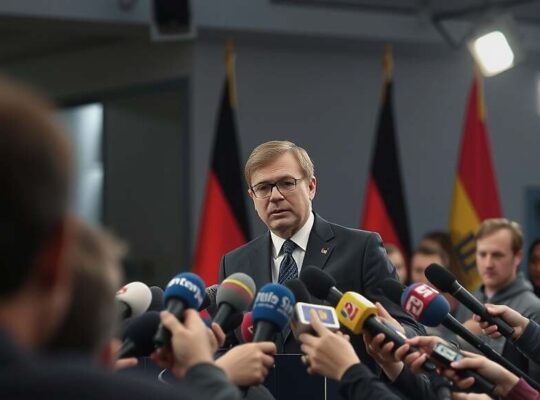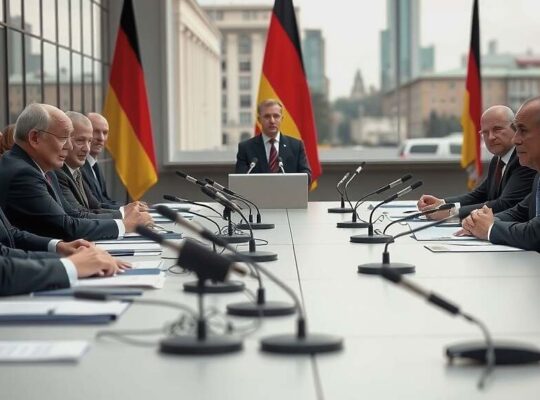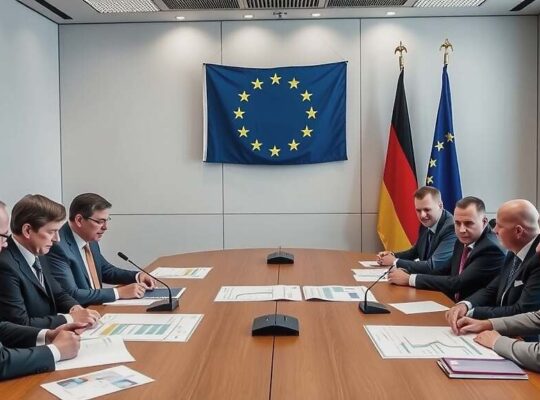The German Bundestag has voted to extend the Bundeswehr’s (German Armed Forces) deployment to the Red Sea, a move that underscores Berlin’s commitment to the EU-led Operation Eunavfor Aspides but also raises questions about the strategic and economic implications of escalating involvement in a volatile region. Following a roll-call vote on Thursday evening, 436 parliamentarians approved the government’s proposal, supported primarily by the ruling coalition, while 69 voted against and 77 abstained.
The extension allows the Bundeswehr to continue its contribution to Eunavfor Aspides, an operation designed to protect shipping lanes from attacks by Houthi militants operating from Yemen. However, a significant reduction in personnel is now mandated; the deployment will be capped at 350 soldiers, down from the previous limit of 700. This alteration reflects a reassessment of operational needs and potentially a desire to mitigate domestic political scrutiny of the mission’s scope.
The government’s rationale for the ongoing deployment cites the persistent attacks by the Houthis, which represent a direct threat to freedom of navigation, international trade, maritime security and the stability of a region already beset by geopolitical tensions. Recognizing the strategic importance of the Red Sea – a crucial artery for global trade, handling roughly 15% of worldwide maritime traffic – Berlin argues that disruption to shipping carries far-reaching economic consequences. These include increased shipping costs, diverted trade routes and ultimately, higher prices for consumers. The impact also impedes the delivery of humanitarian aid to the region, exacerbating existing crises.
While the German government emphasizes close cooperation with EU partners and its willingness to safeguard German and European security interests, the decision has drawn criticism. Some analysts question the effectiveness of the military intervention, arguing that it risks escalating the conflict and failing to address the underlying political drivers of the Houthi actions. There are also concerns that the deployment diverts resources from other areas of defense and potentially contributes to a normalization of military engagement in a region plagued by complex systemic issues.
The mandate, now effective until the end of October 2026, grants Eunavfor Aspides a broad operational scope, encompassing the Bab al-Mandab Strait, the Strait of Hormuz and extensive swathes of international waters across the Red Sea, Gulf of Aden, Arabian Sea, Gulf of Oman and Persian Gulf, with associated airspace. The mission’s activities, including protecting vessels from multidimensional attacks, escorting ships, gathering intelligence through aerial reconnaissance and coordinating with international allies, are designed to project a message of resolve. The government asserts this demonstrates the EU’s capacity to assume responsibility in a fragile region, sending a “positive signal” to transatlantic allies regarding the sharing of international security burdens. However, critics remain skeptical, pointing to the considerable cost – approximately €23.9 million for the defined period – and the potential for unintended consequences.












